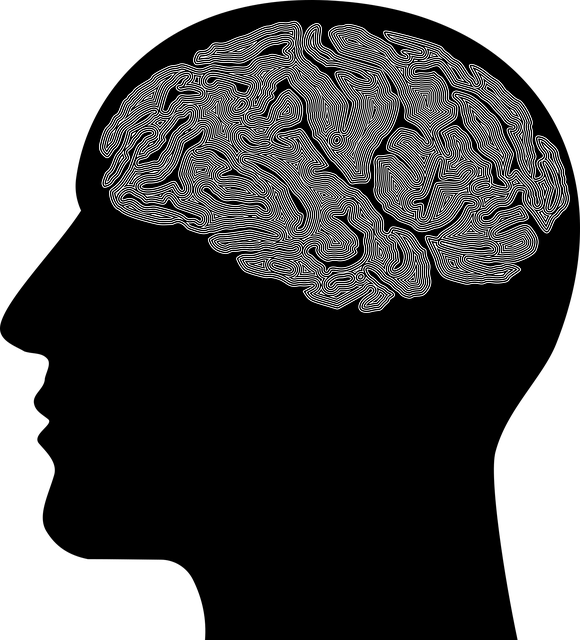Louisville Codependency Therapy (LCT) offers a specialized, evidence-based approach to heal codependent behaviors by addressing interpersonal dynamics and cultivating self-awareness. Their programs incorporate compassion cultivation practices, mental illness stigma reduction, empathy building strategies, mindfulness meditation, stress management workshops, and burnout prevention techniques for healthcare providers. By balancing individual therapy with group support and regularly evaluating feedback from participants, LCT ensures their coaching programs remain effective in enhancing mental wellness, addressing diverse client needs, and maximizing community impact.
Louisville Codependency Therapy (LCT) offers a transformative approach to mental wellness coaching, addressing complex interpersonal dynamics. This article delves into the development of effective LCT-inspired programs, exploring key strategies for designing, implementing, and continually improving them. By integrating evidence-based techniques with the unique insights of LCT, these programs aim to foster resilience, self-awareness, and healthier relationships—essential components of overall mental well-being.
- Understanding Louisville Codependency Therapy: Unveiling the Approach
- Designing Effective Mental Wellness Coaching Programs
- Implementation and Continuous Improvement Strategies
Understanding Louisville Codependency Therapy: Unveiling the Approach

Louisville Codependency Therapy is a specialized approach designed to help individuals navigate complex interpersonal dynamics and heal from codependent behaviors. This therapy focuses on uncovering the underlying patterns that contribute to codependency, fostering self-awareness, and promoting healthier relationships. By utilizing evidence-based methods, therapists guide clients in exploring their emotional connections and boundaries while cultivating compassion for both themselves and others.
The core of this therapy involves teaching Compassion Cultivation Practices to help individuals manage their emotions effectively. Through these practices, participants learn to recognize and accept their feelings without judgment, fostering a sense of self-compassion that extends to others. Additionally, Louisville Codependency Therapy incorporates Mental Illness Stigma Reduction Efforts, aiming to create a supportive environment where clients feel understood and encouraged to seek support for various mental health concerns. Empathy Building Strategies are also integral to this process, as they enable individuals to develop deeper connections with themselves and those around them.
Designing Effective Mental Wellness Coaching Programs

Developing effective mental wellness coaching programs requires a nuanced approach that addresses individual needs while considering broader organizational contexts. In Louisville Codependency Therapy, for instance, coaches must be adept at recognizing and dismantling unhealthy relationship patterns that can contribute to stress and burnout. Incorporating practices like Mindfulness Meditation and Stress Management Workshops within these programs empowers individuals with tools to manage their mental health proactively.
Burnout Prevention Strategies for Healthcare Providers are increasingly relevant in designing such programs. Coaches should foster a culture of self-care, encouraging participants to prioritize sleep, set boundaries, and engage in activities that promote well-being outside of work. By balancing individual therapy with group support, and weaving in evidence-based techniques like Mindfulness Meditation, coaches can create a holistic environment conducive to lasting mental wellness improvements.
Implementation and Continuous Improvement Strategies

The development of Louisville Codependency Therapy (LCT) coaching programs requires a strategic approach to implementation and continuous improvement. Once established, regular evaluation is key to ensure the program aligns with current best practices in mental wellness coaching. This involves gathering feedback from both participants and healthcare providers involved, allowing for adjustments based on real-world application and client outcomes.
Inner strength development and emotional intelligence are crucial components that can be enhanced through LCT. Healthcare provider cultural competency training should also be integrated to address the diverse needs of clients. By fostering a culture of continuous learning, these programs can evolve to better support individuals in their mental wellness journeys, ultimately maximizing the positive impact on the community.
Louisville Codependency Therapy offers a unique and effective approach to mental wellness coaching, focusing on individual growth and healing. By designing programs that incorporate this therapeutic model, we can create powerful tools for personal development. Implementation strategies, such as tailored sessions and continuous improvement, ensure these programs remain impactful and relevant. Incorporating Louisville Codependency Therapy into mental wellness coaching not only empowers individuals but also contributes to a healthier and more resilient community.














